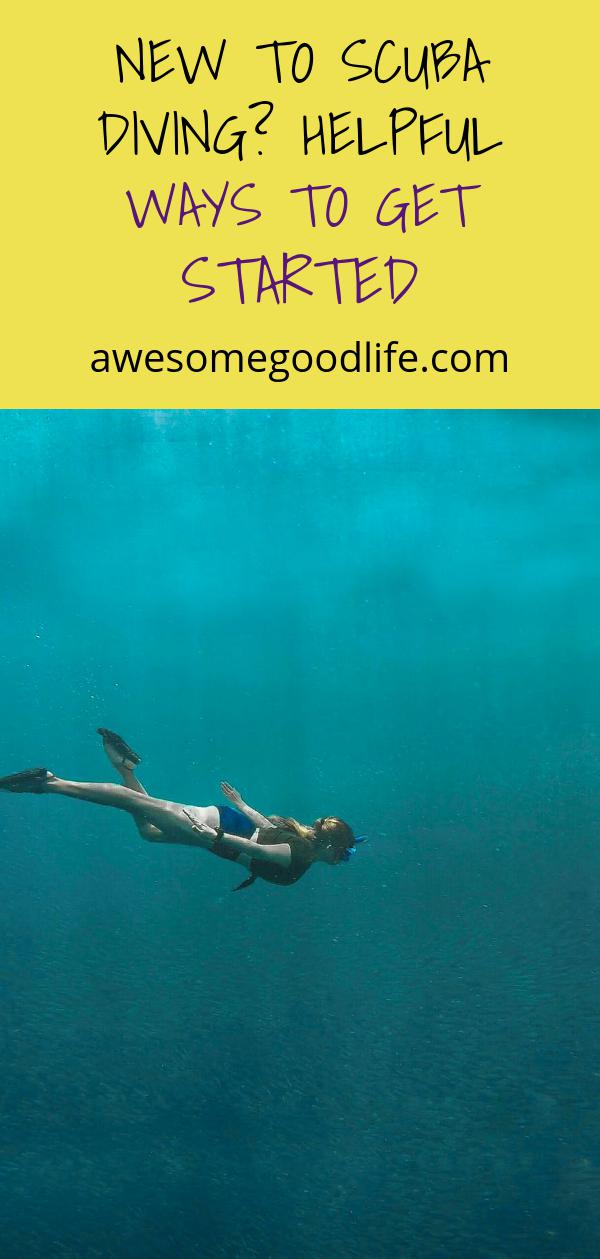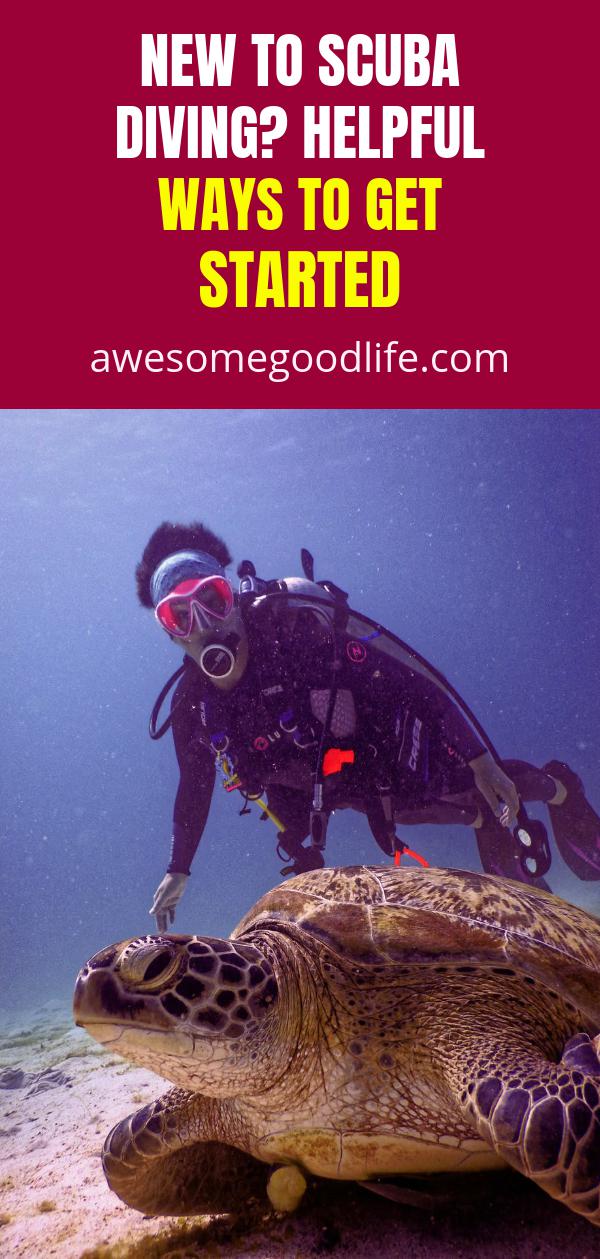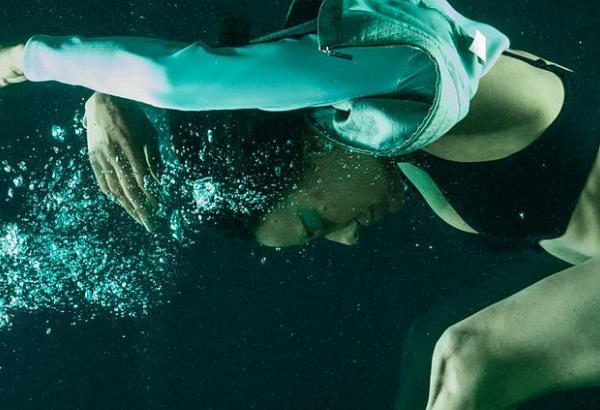Scuba diving is a sport that many people indulge in, and it is a fun experience for almost anyone, except perhaps those who can’t swim and are terrified of water. It isn’t without its risks, however, and like any outdoor hobby or sport, injuries can be sustained, sometimes even fatal ones, by under-trained or poorly equipped divers. For the noobies out there, here are a few preparatory steps that you must take and some information you need to make sure that you can enjoy your first dive in safety.
Certification and Training – take up a course that actually gives you certification to scuba dive. If you’re just doing scuba for kicks, however, like maybe just renting gear out at a beach resort while on vacation, then make sure you are accompanied by one professional instructor when you do your dive. Also, keep in mind that scuba divers must have skills in swimming and snorkeling as prerequisites for scuba diving. If you’re not proficient in both of these areas, it’s best to try them out first before doing something as serious and complex as scuba.

Equipment Checks – make sure that your equipment is in proper working order. As stated earlier, get proper training before doing a dive. Part of any good scuba instructional course includes the care and maintenance of equipment, as well as spotting potential weaknesses in equipment that can lead to its failure underwater. Many divers have suffered accidents during dives due to faulty airlines, but aside from that be sure to check the rest of your equipment just as thoroughly, down to your compass and first aid kit.
First Aid – you’ll need special training in treating underwater injuries, as well as the ability to recognize the signs and symptoms of common maladies incurred by divers, which include hypothermia, decompression sickness, and in hot weather, heatstroke and dehydration. Make sure your first aid kit is well-stocked before the dive.
Know Ascents and Descents – part of diving successfully is to keep a pressure gauge and depth gauge that monitors water pressure around you and the depth you’re at. Water pressure increases drastically the deeper you go, and divers can sometimes suffer dizziness, shortness of breath, nausea, and muscle cramps from descending too quickly. On the opposite note, even with a good, controlled descent, a rapid ascent can also lead to system shock and trauma if the diver just suddenly dumps his diving weights and rockets to the surface. The body won’t be able to adjust to the sudden lack of pressure, especially once the diver leaves the water.
Buddy Diving – never dive alone if you’re a noobie. Always have a more experienced and trained diver with you. Keep your buddy in sight at all times, and be sure to follow his or her lead once the dive begins. Do NOT go off on your own, no matter how safe the surrounding waters seem to you. Tempting as it may sound for the adventurous, even if you and a friend take the same scuba course at the same time, remember that he or she does NOT count as a diving buddy if you’re both noobies. There’s nothing more dangerous in any outdoor exploratory sport than a pair of people blundering around in a dangerous environment.

Communication – learn the hand signals used underwater by divers to communicate. Even with a high tech open face scuba mask that has an integral comm radio, these hand signals are a must for any diver. For one, your radio may break down and run out of batteries. For another, you might run into a cute girl on your dive who’s not wearing a comm system…
Navigation – know how to navigate underwater. The training course that you take should include the recognition and use of simple tools like an underwater compass, as well as more advanced things like using underwater floater buoys and line markers that will allow you to backtrack to your starting point once you’re done with your dive. Losing sight of your buddy and getting lost underwater is scary, take my word for it, and having the capability to backtrack and meet up at a predetermined rendezvous point takes a load off your mind if this happens.





